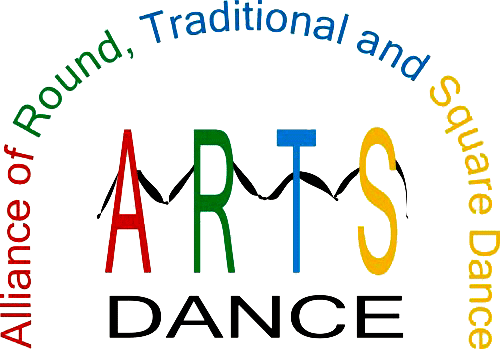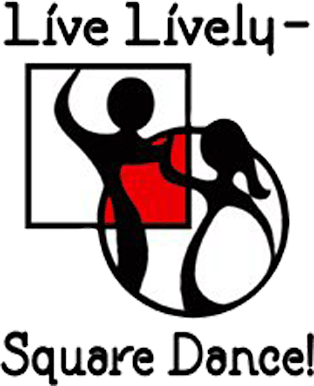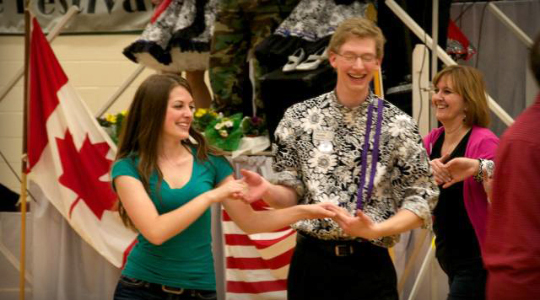You
2
can
Dance

![]()
![]()
![]()
![]()
![]()
![]()
![]()
![]()
![]()
![]()
![]()
![]()
USDA Webinar
Youth Scholarship Programs
December 13, 2025
Click Here
![]()
![]()
![]()
![]()

Teen & Youth Square Dancing When one thinks of teenagers going to a dance, a square dance is probably not the first thing that comes to mind. It probably isn't the first thing that comes to the a teenager's mind either. It is, however, a venue that is gaining popularity as another option for entertainment, whether with their family, with specific teen square dance groups, or as in the case of the Pacific Northwest area, as a competitive sport. Although the steps, (known as figures), calls (names of the figures), and the format of the dances are the same as for "adult" square dancing, teen/youth square dancing, with its high energy and sometimes unique styling, has an identity all its own. Many square dance clubs are classified as youth friendly and welcome teenagers, whether they have come with their parents or not. The teens will often "square up" together so that they can kick up their heels and add their own "flare' to the dance. Adults joining them know that they may be in for a more energetic experience than they would normally expect. When the youth square up with other adult dancers, they usually tone it down a bit, but sometimes the adults will ask to learn some of their styling variations. It is increasingly becoming a family activity where for part of the event the family can dance together, and for part of the event the youth can go off and dance/socialize with their friends. In addition to family square dance groups there are also square dance groups specifically for teenagers, pre-teens, and young adults. Adults are sometimes permitted to dance with them, but they have to play by the "younger" rules. A listing of youth and youth-friendly clubs can be found at www.YouthSquares.org . Being a member of a square dance club exposes kids to parliamentary procedure, "ground rules", socialization skills and a comfortable level of interacting with members of the opposite sex. At the National Square Dance Convention" www.nsdcnec.com, held every year in a different city in the United States, there is hall dedicated exclusively to youth dancing. Even though the callers for this hall can be of any age, many a famous square dance caller has started their career by calling in this venue as teenagers. In the Pacific Northwest there is an annual square and round dance competition for the younger dancer. The Pacific Northwest Teen Square Dance Festival www.pntsdf.org has competitions for square dancing, round dancing, square dance calling, and round dance cueing. Each competition has several age levels of expertise categories. A brochure has been created with comments from teens that describe their square dancing as "Team Dancing". You can download it here. |
|
About Us
|
Partners |
2/2222 |